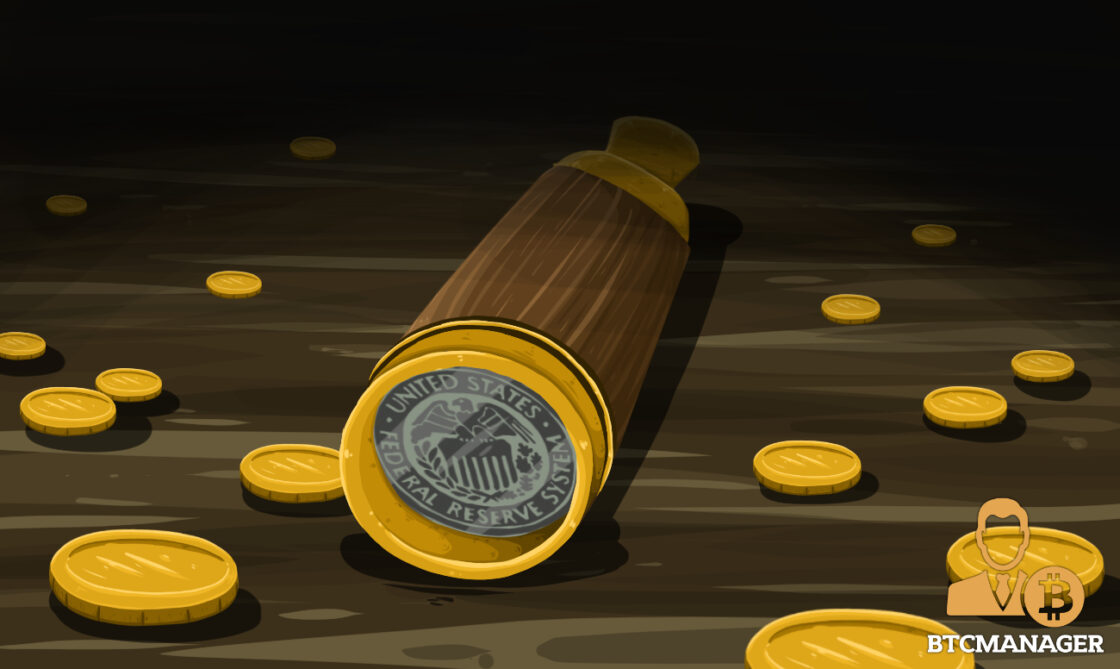PALO ALTO, Calif. (Reuters) - The Federal Reserve is taking a look at a broad variety of issues around digital payments and currencies, including policy, style and legal considerations around potentially releasing its own digital currency, Governor Lael Brainard said on Wednesday. Brainard's remarks suggest more openness to the possibility of a Fed-issued digital coin than in the past." By transforming payments, digitalization has the potential to provide greater worth and convenience at lower cost," Brainard stated at a conference on payments at the Stanford Graduate School of Company.
Main banks worldwide are debating how to manage digital finance innovation and the dispersed journal systems used by bitcoin, which assures near-instantaneous payment at potentially low expense. The Fed is establishing its own round-the-clock real-time payments and settlement service and is currently reviewing Visit website 200 comment letters submitted late in 2015 about the suggested service's design and scope, Brainard stated.

Less than 2 years ago Brainard told a conference in San Francisco that there is "no engaging showed requirement" for such a coin. But that was before the scope of Facebook's digital currency aspirations were commonly understood. Fed officials, consisting of Brainard, have raised issues about consumer defenses and information and personal privacy hazards that might be posed by a currency that could come into usage by the 3rd of the world's population that have Facebook accounts.
" We are working together with other main banks as we advance our understanding of reserve bank digital currencies," she said. With more nations looking into providing their own digital currencies, Brainard stated, that contributes to "a set of reasons to also be ensuring that we are that frontier of both research study and policy development." In the United States, Brainard said, issues that need research study consist of whether a digital currency would make the payments system much https://tfsites.blob.core.windows.net safer or simpler, and whether it could present monetary stability threats, consisting of the possibility of bank runs if cash can be turned "with a single swipe" into the main bank's digital currency.
To counter the financial damage from America's unmatched national lockdown, the Federal Reserve has actually taken extraordinary actions, consisting of flooding the economy with dollars and investing directly in the economy. Many of these relocations received grudging acceptance even from numerous Fed doubters, as they saw this stimulus as required and something only the Fed might do.
My brand-new CEI report, "Government-Run Payment Systems Are Unsafe at Any Speed: The Case Versus Fedcoin and FedNow," details the threats of the Fed's existing plans for its FedNow real-time payment system, and proposals for central bank-issued cryptocurrency that have actually been called Fedcoin or the "digital dollar." In my report, I buy fedcoin go over issues about personal privacy, information security, currency control, and Click here crowding out private-sector competitors and development.
Supporters of FedNow and Fedcoin state the government should develop a system for payments to deposit immediately, rather than motivate such systems in the economic sector by raising regulatory barriers. But as kept in mind in the paper, the personal sector is offering a seemingly limitless supply of payment innovations and digital currencies to resolve the problemto the degree it is a problemof the time space between when a payment is sent and when it is gotten in a bank account.
And the examples of private-sector development in this area are many. The Cleaning Home, a bank-held cooperative that has actually been routing interbank payments in numerous types for more than 150 years, has been clearing real-time payments since 2017. By the end of 2018 it was covering 50 percent of the deposit base in the U.S.